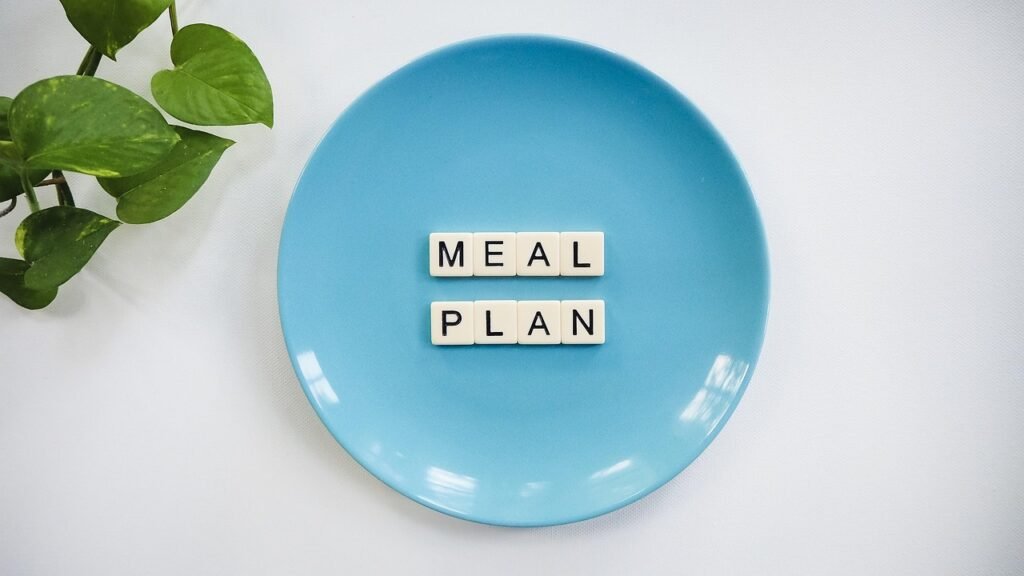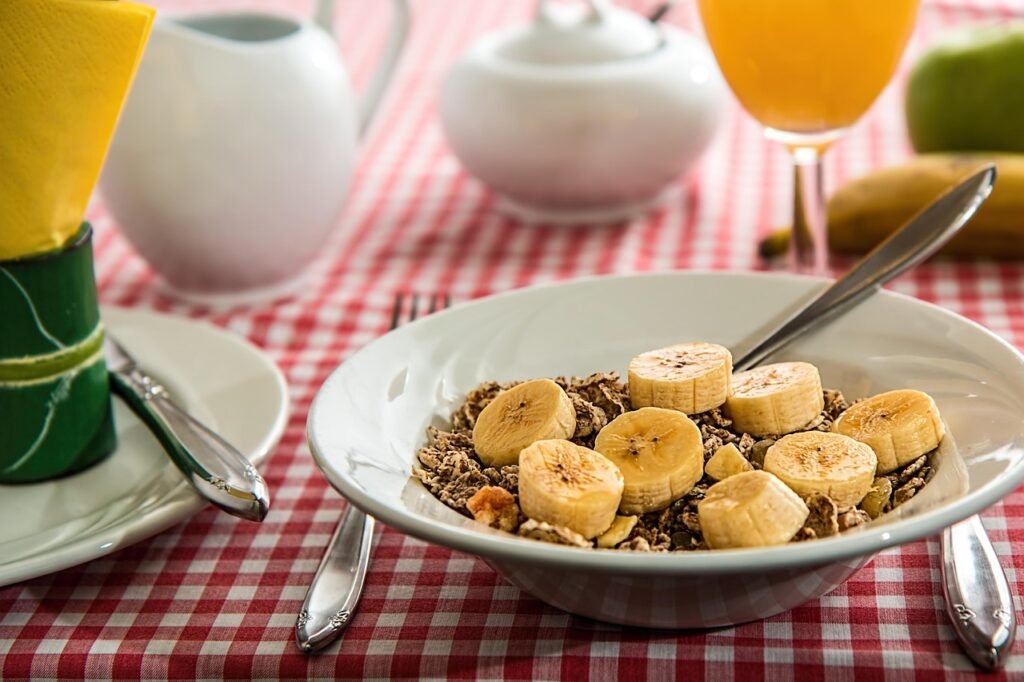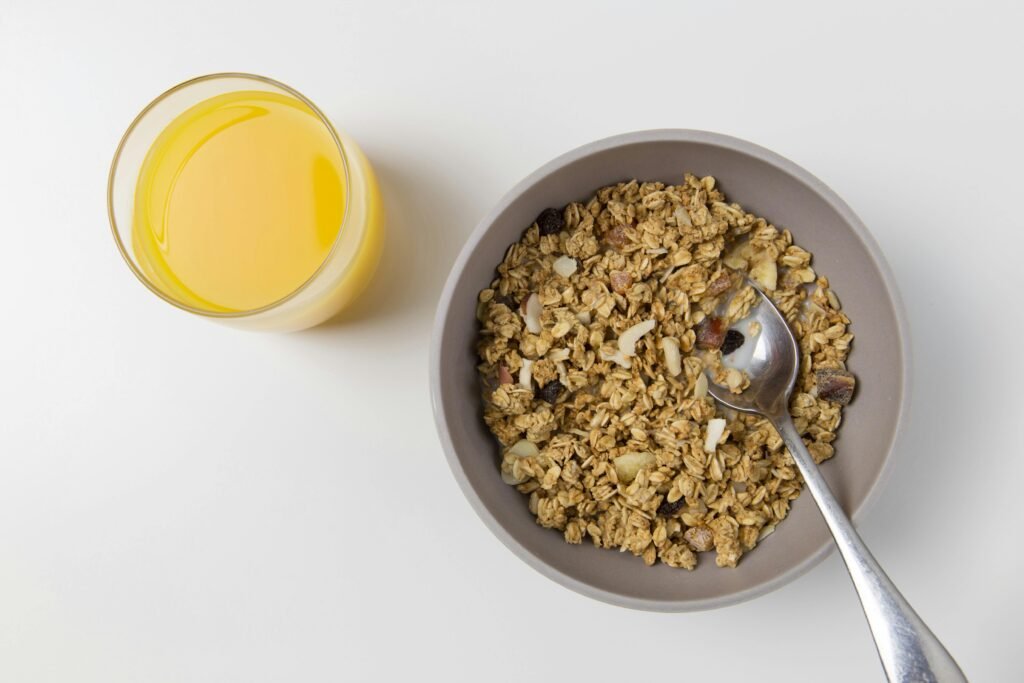
Working 12-hour night shifts presents unique challenges for maintaining a healthy diet and consistent energy levels. Whether you’re a nurse, security guard, factory worker, or any other night shift professional, a proper night shift meal plan can make the difference between feeling exhausted and staying alert throughout your shift.
This comprehensive guide will walk you through proven strategies to fuel your body effectively during those long overnight hours, helping you create the perfect night shift meal plan while maintaining your health and excelling at work.
Understanding Night Shift Nutrition Challenges
Night shift workers face several nutritional hurdles that day workers don’t encounter. Your body’s natural circadian rhythm expects you to be sleeping during nighttime hours, which can disrupt your metabolism, hunger cues, and digestion patterns.
Night shift workers often experience fluctuations in energy. Consuming meals and snacks that balance proteins, healthy fats, and complex carbohydrates can help stabilize energy levels. These fluctuations occur because your body is fighting against its natural sleep-wake cycle.
The key challenges include:
- Disrupted appetite patterns
- Increased risk of weight gain
- Digestive issues from eating at unusual times
- Tendency to rely on caffeine and sugar for quick energy
- Limited healthy food options during overnight hours
Core Principles for Night Shift Meal Plan Success

1. Time Your Meals Strategically
Plan to eat within one hour of waking and then schedule meals and snacks every 3-5 hours until you go to bed. This approach helps maintain steady blood sugar levels and prevents energy crashes.
For a typical 8 PM to 8 AM shift, your eating schedule might look like:
- Pre-shift meal: 1-2 hours before work (around 6-7 PM)
- Mid-shift meal: 6 hours into your shift (around 2 AM)
- Light snack: 2 hours before shift end (around 6 AM)
- Post-shift meal: After work but before sleep (around 9 AM)
2. Focus on Balanced Macronutrients
Each meal should include:
- Complex carbohydrates for sustained energy (oats, quinoa, sweet potatoes)
- Lean proteins for satiety and muscle maintenance (chicken, fish, legumes)
- Healthy fats for hormone production and nutrient absorption (avocado, nuts, olive oil)
- Fiber-rich vegetables for digestive health and micronutrients
3. Avoid the Midnight to 6 AM Eating Window When Possible
Avoid eating or reduce food intake between midnight and 6 a.m. Use the normal day and night pattern of meal timing as much as possible. This guideline from the CDC helps minimize digestive disruption during your body’s natural rest period.
Weekly Night Shift Meal Plan Preparation

Batch Cooking Basic
Dedicate 2-3 hours on your day off to prepare meals for the entire week. This investment saves time and ensures you have healthy options readily available for your night shift meal plan.
Essential meal prep containers:
- Glass containers for reheating safety
- Portion-controlled containers for consistent serving sizes
- Insulated lunch bags for transport
Batch cooking ideas:
- Cook grains in large quantities (brown rice, quinoa, barley)
- Prepare proteins in bulk (grilled chicken, baked fish, hard-boiled eggs)
- Chop vegetables for easy assembly
- Make overnight oats or chia puddings for quick breakfast options
Make-Ahead Meal Components
Focus on preparing versatile components that can be mixed and matched:
Proteins:
- Grilled chicken breast seasoned with herbs
- Baked salmon portions
- Turkey meatballs
- Chickpea and black bean salads
Carbohydrates:
- Roasted sweet potato cubes
- Cooked brown rice and quinoa
- Whole grain pasta
- Baked regular potatoes
Vegetables:
- Roasted mixed vegetables
- Fresh salad greens
- Steamed broccoli and cauliflower
- Sautéed spinach
Sample 12-Hour Night Shift Meal Plan
Pre-Shift Meal (6 PM)
Mediterranean Bowl
- 1 cup cooked quinoa
- 4 oz grilled chicken breast
- Mixed roasted vegetables (zucchini, bell peppers, onions)
- 1/4 avocado
- 2 tbsp hummus
- Olive oil and lemon dressing
Mid-Shift Meal (2 AM)
Protein-Packed Wrap
- Whole wheat tortilla
- 3 oz turkey breast
- Spinach leaves
- Sliced cucumber and tomato
- 1 tbsp avocado spread
- Side of baby carrots with hummus
Light Snack (6 AM)
Energy-Sustaining Combo
- Greek yogurt with berries
- Small handful of mixed nuts
- Herbal tea or water with lemon
Post-Shift Meal (9 AM)
Recovery Breakfast
- Scrambled eggs with vegetables
- Slice of whole grain toast
- Fresh fruit
- Small portion to avoid disrupting sleep
Smart Snacking for Night Shifts

Smart snacking is an essential component of any effective night shift meal plan. You should include protein-rich foods and eat small meals instead of larger portions of meals. Smart snacking can help maintain energy levels without causing digestive discomfort.
Healthy night shift snacks:
- Apple slices with almond butter
- Greek yogurt with a drizzle of honey
- Trail mix (nuts, seeds, dried fruit)
- Whole grain crackers with cheese
- Vegetable sticks with hummus
- Hard-boiled eggs
Avoid these snacks:
- Sugary candy and pastries
- Excessive caffeine after 2 AM
- Heavy, greasy foods that cause sluggishness
- Large portions that require significant digestion
Hydration Strategies for Night Workers

Dehydration can make you feel tired. Aim to drink up to 64 ounces of water or decaffeinated, sugar-free beverages each day. Proper hydration is crucial for maintaining alertness and preventing fatigue.
Hydration tips:
- Start your shift well-hydrated
- Keep a water bottle at your workstation
- Add lemon or cucumber for flavor variety
- Monitor urine color as a hydration indicator
- Limit caffeine to the first half of your shift
“Instead of drinking coffee or soda, try a glass of water with some fresh lemon juice squeezed into it. This will provide hydration and electrolytes to keep your energy levels high throughout the shift.”
Managing Caffeine Intake
While caffeine can be helpful for staying alert, timing and quantity matter significantly for night shift workers.
Smart caffeine strategies:
- Limit intake to the first 6 hours of your shift
- Choose green tea over coffee for steadier energy
- Avoid energy drinks with excessive sugar
- Consider decaf options for the second half of your shift
- Replace late-shift caffeine with protein-rich snacks
Quick and Easy Night Shift Meal Plan Recipes

5-Minute Energy Bowl
- Pre-cooked quinoa
- Canned salmon or chickpeas
- Frozen vegetables (microwaved)
- Avocado slices
- Olive oil and seasonings
Mason Jar Salads
Layer ingredients with dressing on bottom:
- Dressing
- Hard vegetables (carrots, peppers)
- Proteins (chicken, beans)
- Soft vegetables (tomatoes)
- Greens on top
Overnight Oats Variations
Base recipe:
- 1/2 cup rolled oats
- 1/2 cup milk of choice
- 1 tbsp chia seeds
- Sweetener to taste
Flavor variations:
- Banana and peanut butter
- Berry and vanilla
- Apple cinnamon
- Chocolate and cherry
Dealing with Limited Food Options at Work
Many night shift locations have limited healthy food options. Here’s how to navigate these challenges:
Pack a well-stocked work kit:
- Insulated lunch bag with ice packs
- Multiple meal containers
- Emergency healthy snacks
- Refillable water bottle
- Basic utensils and napkins
Make friends with the microwave:
- Choose microwave-safe containers
- Know reheating times for different foods
- Have backup cold meal options
- Keep seasonings at work for flavor enhancement
Supporting Your Sleep and Recovery
Your post-shift meal plays a crucial role in sleep quality and is an important part of your overall night shift meal plan. Aim to have a balanced meal containing complex carbohydrates, lean proteins, and healthy fats about 1-2 hours before starting your shift. This same principle applies to your post-shift eating.
Post-shift eating guidelines:
- Eat something light within 30 minutes of finishing work
- Avoid large meals that might disrupt sleep
- Choose foods with tryptophan (turkey, eggs, milk)
- Limit fluid intake close to bedtime
- Avoid stimulating foods and beverages
Budget-Friendly Night Shift Meal Plan Tips
Creating a healthy night shift meal plan doesn’t have to break the bank:
Money-saving strategies:
- Buy proteins in bulk and freeze portions
- Use seasonal vegetables
- Incorporate affordable protein sources like eggs and legumes
- Make large batches and freeze individual portions
- Shop sales and use coupons strategically
Affordable meal staples:
- Dried beans and lentils
- Frozen vegetables
- Canned fish
- Whole grains bought in bulk
- Seasonal fresh produce
Long-Term Health Considerations

Night shift work can impact long-term health, but a well-designed night shift meal plan with proper nutrition can help mitigate many risks:
Focus on:
- Maintaining stable blood sugar levels
- Supporting immune function with varied nutrients
- Preventing weight gain through portion control
- Supporting bone health with adequate calcium and vitamin D
- Managing stress through consistent eating patterns
Troubleshooting Common Issues
Problem: Feeling too tired to prep meals
Solution: Start with simple 15-minute prep sessions, focus on washing and chopping vegetables, use pre-cooked proteins when needed
Problem: Digestive issues during night shifts
Solution: Eat smaller, more frequent meals, avoid fatty and heavily spiced foods, stay hydrated, consider digestive enzymes
Problem: Craving junk food during shifts
Solution: Pack satisfying healthy alternatives, ensure adequate protein at each meal, address emotional eating triggers
Creating Your Personal Night Shift Meal Plan
Start by assessing your specific situation:
- What time does your shift start and end?
- What kitchen facilities are available at work?
- How much time do you have for meal prep?
- What are your food preferences and restrictions?
- What’s your budget for food?
Begin with small changes rather than overhauling your entire diet at once. “Start with simple goals. If you have a hard time eating at all during your shift, perhaps your only goal is to eat at least one meal or snack and then build from there.”
Final Thoughts
Successfully managing nutrition during 12-hour night shifts requires planning, preparation, and patience with yourself as you develop new habits. Remember that consistency matters more than perfection, and small improvements in your night shift meal plan can lead to significant improvements in how you feel during and after your shifts.
The key is finding a system that works for your specific schedule, preferences, and lifestyle. Start with the strategies that seem most manageable for you, and gradually build upon your successes. Your body will thank you for the consistent fuel, and you’ll likely find that you have more sustained energy throughout your demanding work schedule.
